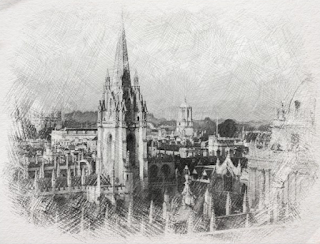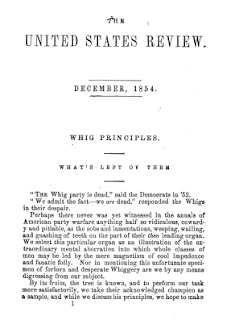Real Bills for Real Wealth

Leo XIII In his landmark social encyclical Rerum Novarum , Pope Leo XIII managed to do two things that took the socialists, modernists, and New Agers off guard. One, he followed up on the series of social encyclicals that had started with Gregory XVI’s Mirari Vos in 1832 with an unexpected twist. Instead of simply condemning the “new things” of the modern world, he presented an alternative that could deliver what socialism, modernism, and the New Age only promised, and that without sacrificing one iota of the natural law or Catholic doctrine.






